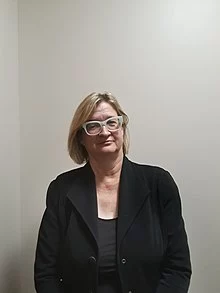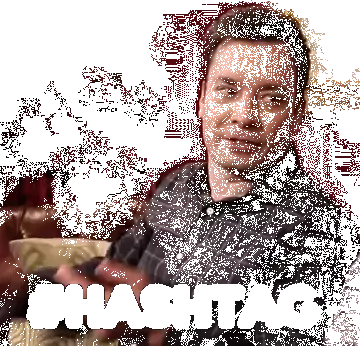
Elizabeth Losh
peopleElizabeth Losh is an Associate Professor of English and American Studies at William and Mary with a specialization in New Media Ecologies. Before coming to William and Mary, she directed the Culture, Art, and Technology Program at the University of California, San Diego.
She is the is the author of Virtualpolitik: An Electronic History of Government Media-Making in a Time of War, Scandal, Disaster, Miscommunication, and Mistakes (MIT Press, 2009), The War on Learning: Gaining Ground in the Digital University (MIT Press, 2014), and Hashtag (Bloomsbury, 2019). She is the co-author with Jonathan Alexander of Understanding Rhetoric: A Graphic Guide to Writing (Bedford/St. Martin's, 2013; second edition, 2017). She published the edited collection MOOCs and Their Afterlives: Experiments in Scale and Access in Higher Education (University of Chicago, 2017), and she is co-editor of Bodies of Information: Intersectional Feminism and Digital Humanities (Minnesota, 2018). Her current work-in-progress focuses on ubiquitous computing in the White House in the Obama and Trump administrations.
She has also written a number of frequently cited essays about communities that produce, consume, and circulate online video, videogames, digital photographs, text postings, and programming code in journal articles and edited collections from MIT Press, Routledge, University of Chicago, University of Minnesota, Oxford, Continuum, University of Alabama, University of Illinois, University of Pittsburgh, and many other presses. Much of this body of work concerns the legitimation of political institutions through visual evidence, representations of war and violence in global news, and discourses about human rights.
She is the is the author of Virtualpolitik: An Electronic History of Government Media-Making in a Time of War, Scandal, Disaster, Miscommunication, and Mistakes (MIT Press, 2009), The War on Learning: Gaining Ground in the Digital University (MIT Press, 2014), and Hashtag (Bloomsbury, 2019). She is the co-author with Jonathan Alexander of Understanding Rhetoric: A Graphic Guide to Writing (Bedford/St. Martin's, 2013; second edition, 2017). She published the edited collection MOOCs and Their Afterlives: Experiments in Scale and Access in Higher Education (University of Chicago, 2017), and she is co-editor of Bodies of Information: Intersectional Feminism and Digital Humanities (Minnesota, 2018). Her current work-in-progress focuses on ubiquitous computing in the White House in the Obama and Trump administrations.
She has also written a number of frequently cited essays about communities that produce, consume, and circulate online video, videogames, digital photographs, text postings, and programming code in journal articles and edited collections from MIT Press, Routledge, University of Chicago, University of Minnesota, Oxford, Continuum, University of Alabama, University of Illinois, University of Pittsburgh, and many other presses. Much of this body of work concerns the legitimation of political institutions through visual evidence, representations of war and violence in global news, and discourses about human rights.

